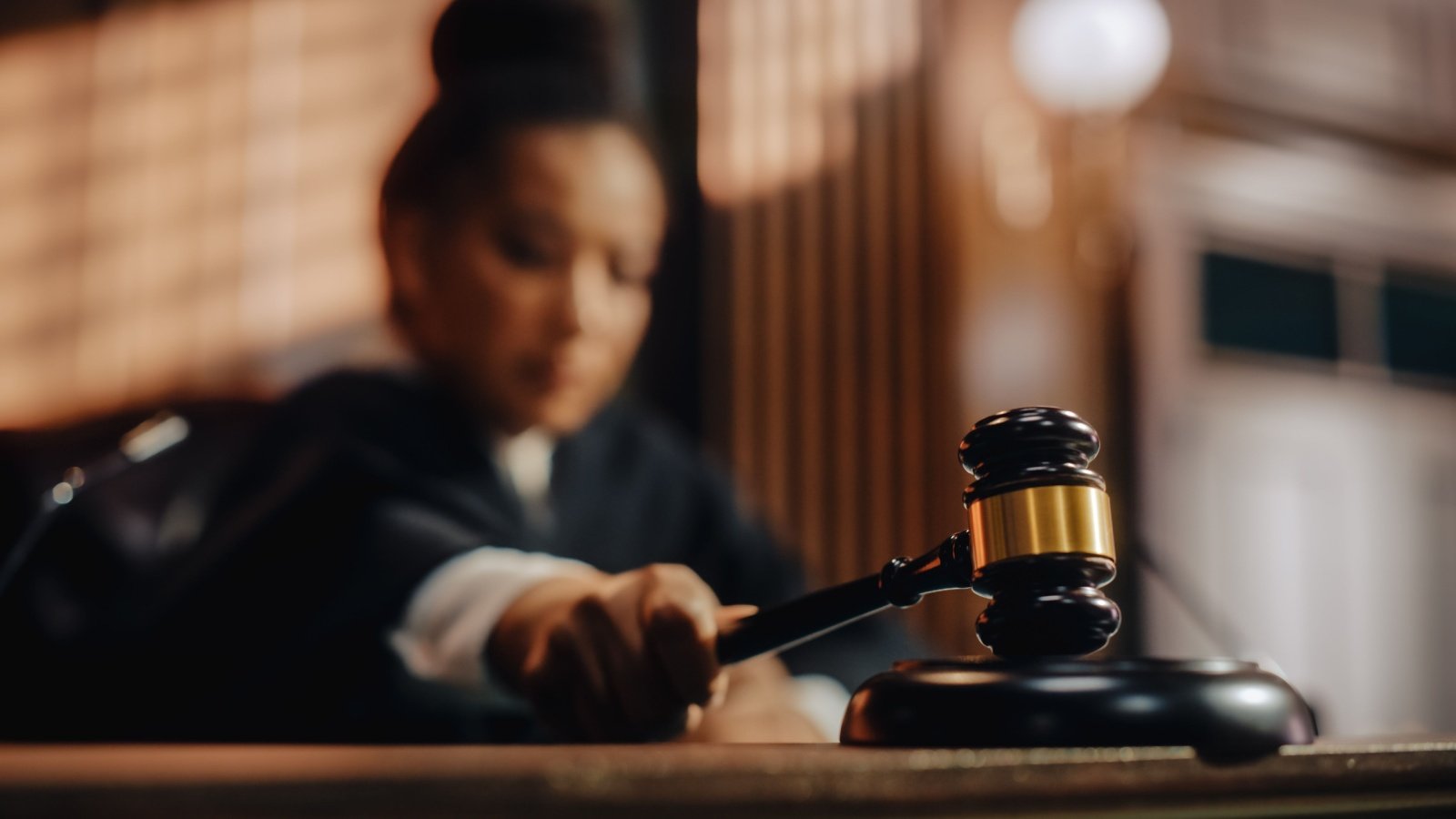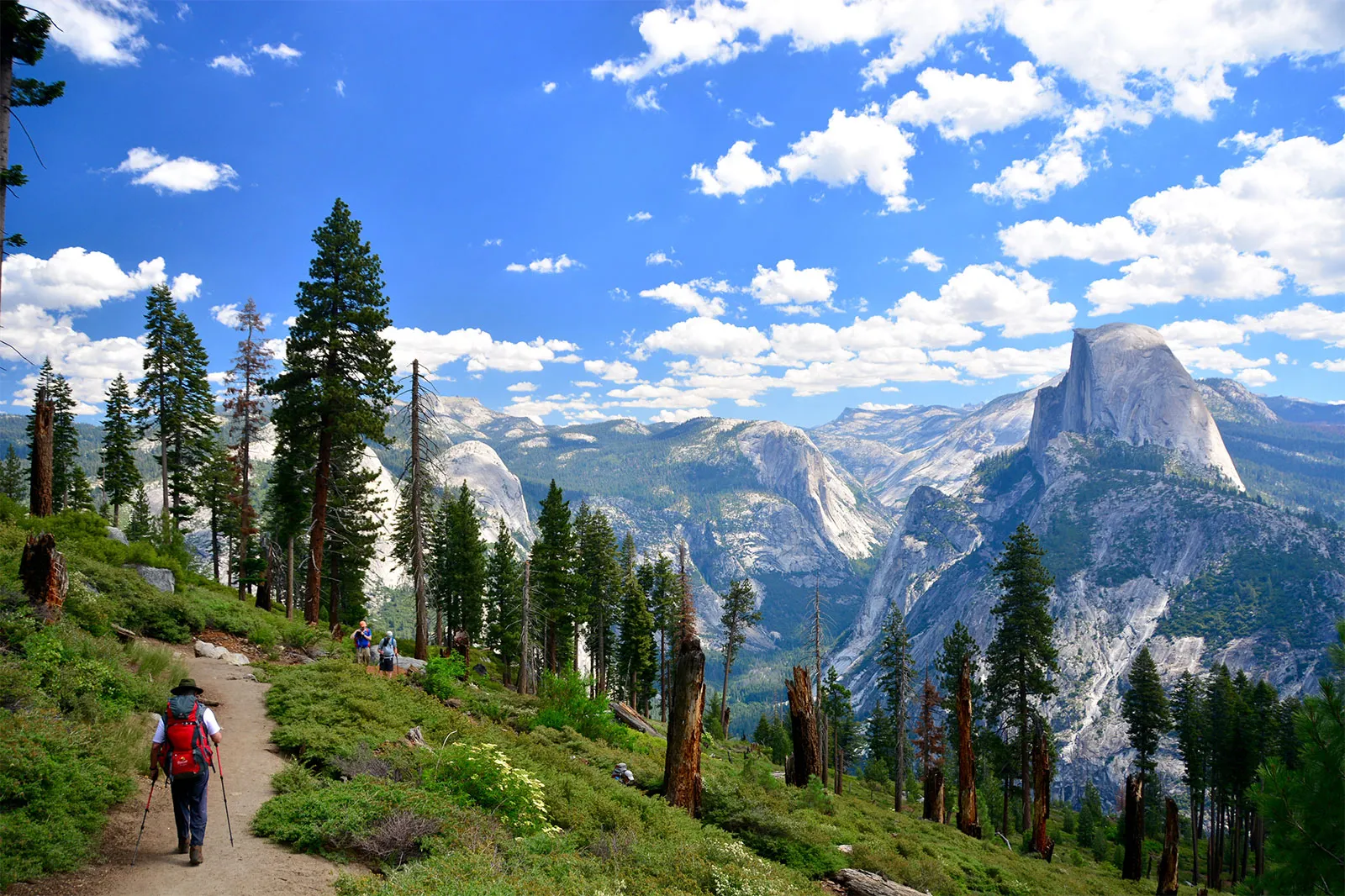Many actions that seem innocent or harmless can actually land you in legal trouble.
From using someone else’s Wi-Fi to recording conversations without consent, these common practices are more than just social faux pas—they’re illegal. The laws governing these activities vary by location, making it easy to unintentionally break the rules.
Here are the actions that could be illegal, depending on where you live.
Using Someone Else’s Wi-Fi
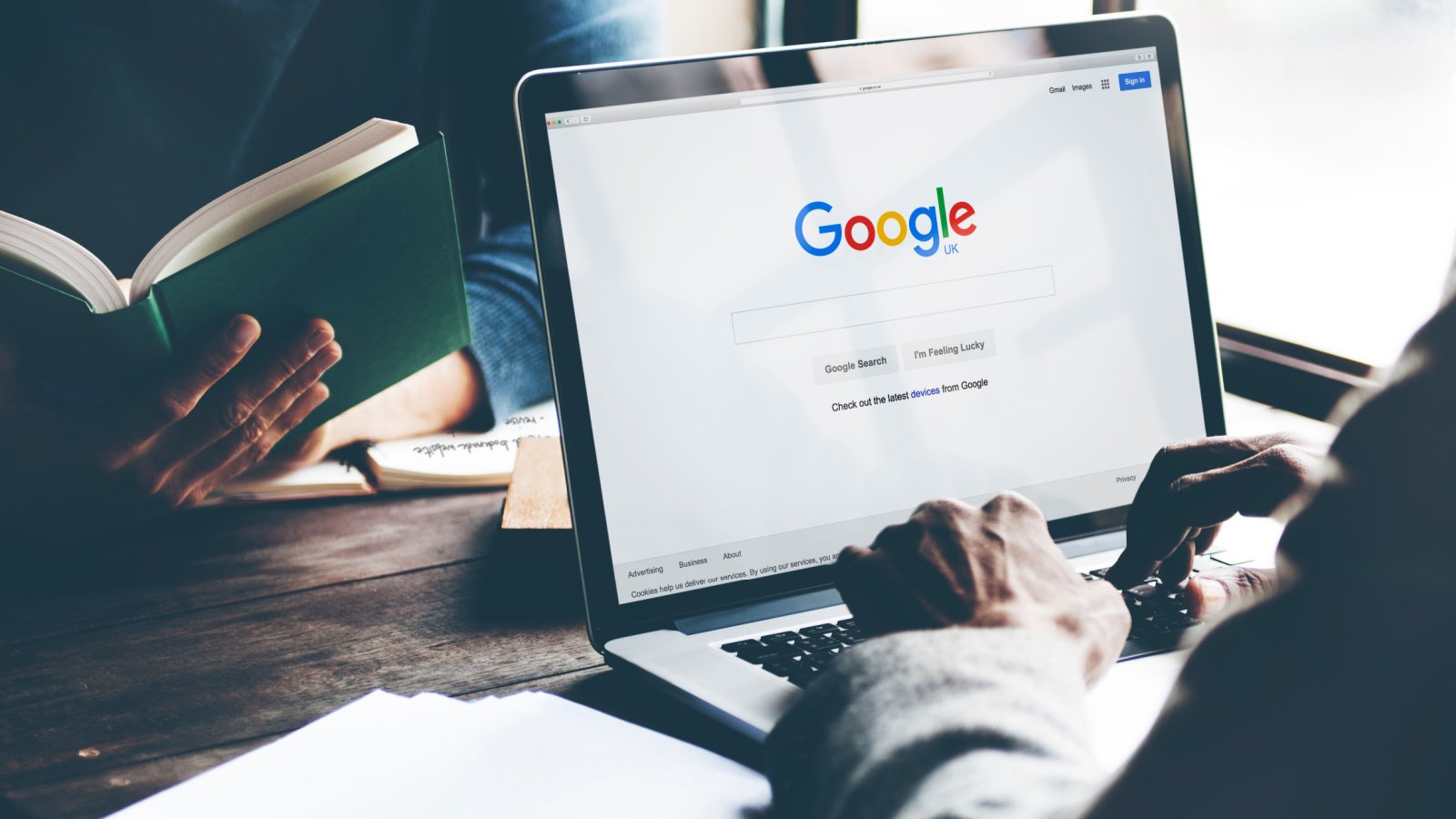
Many people believe that hopping onto an unsecured Wi-Fi network is harmless, but it’s actually illegal. Unauthorized access to someone else’s internet connection can be considered theft of services, leading to fines or legal consequences.
Recording Conversations

Secretly recording conversations may seem like a good way to keep a record, but it can be illegal, depending on your location. In some states, all parties involved in a conversation must consent to being recorded. Violating these wiretapping laws can lead to hefty fines or even criminal charges.
Driving Barefoot

Contrary to popular belief, driving barefoot is illegal in some states due to concerns about safety and control. While it might seem more comfortable, it can be considered reckless driving if it impairs your ability to operate the vehicle properly.
Sharing Prescriptions

Sharing prescription drugs, even with someone who has the same symptoms, is not only dangerous but also illegal. Prescription medications are regulated substances and distributing them without a medical license can result in serious legal consequences. Even if your intentions are good, you could be committing a crime by sharing your meds.
Tinting Windows

Many drivers tint their car windows for privacy or to reduce glare, but there are legal limits to how dark the tint can be. Each state has specific regulations on window tinting, and exceeding these limits can result in fines or mandatory removal of the tint. Ignoring these rules not only puts you at legal risk but can also pose a safety hazard.
Jaywalking
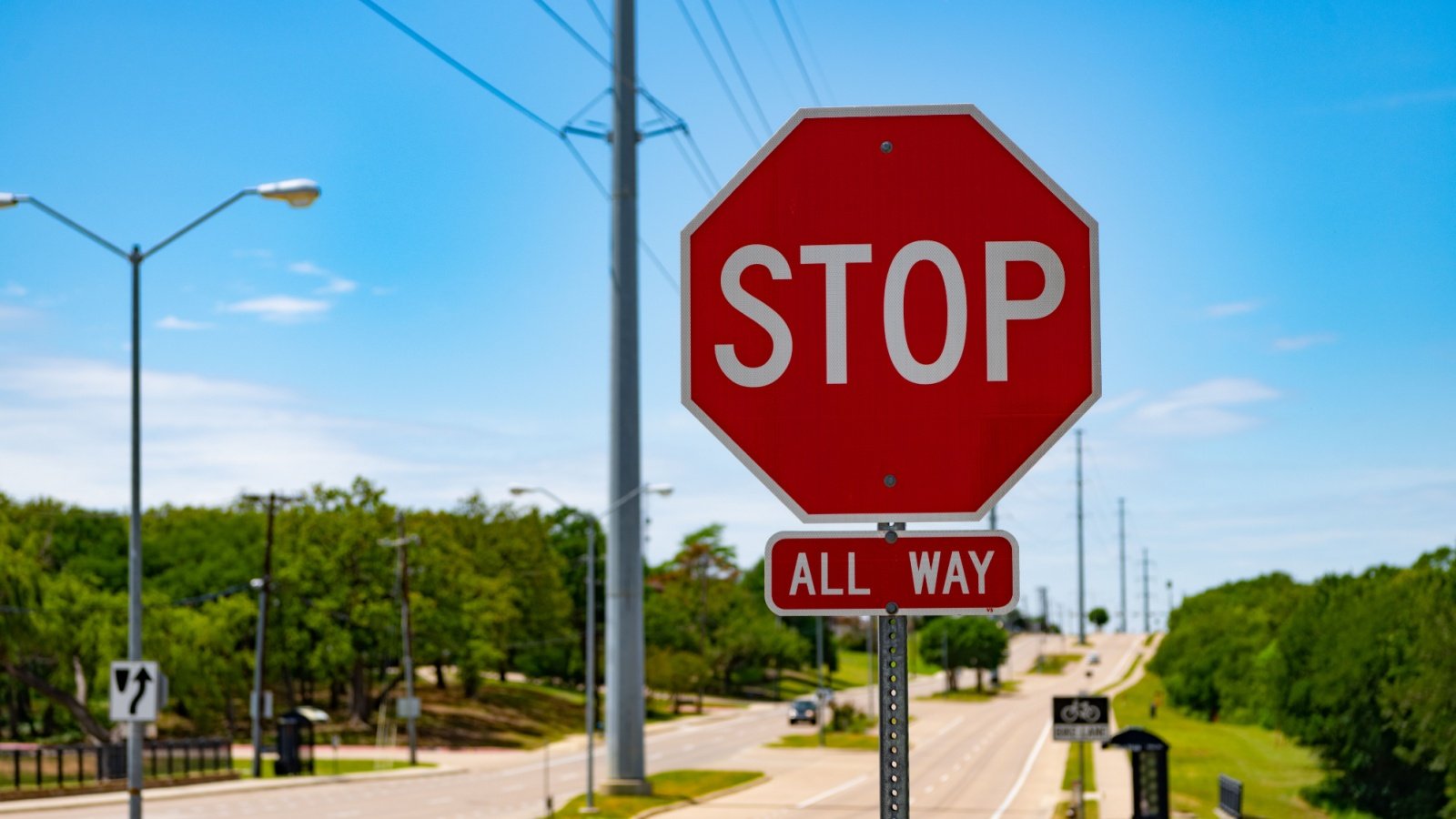
Jaywalking, or crossing the street outside of designated crosswalks, is often treated as a minor offense, but it’s still illegal in many places. Depending on the jurisdiction, fines can range from a simple warning to a hefty ticket.
Using a Radar Detector

While radar detectors are legal in most states, some places, like Virginia and Washington, D.C., have banned their use entirely. These devices, which alert drivers to speed traps, are considered illegal because they undermine traffic enforcement efforts.
Flying Drones
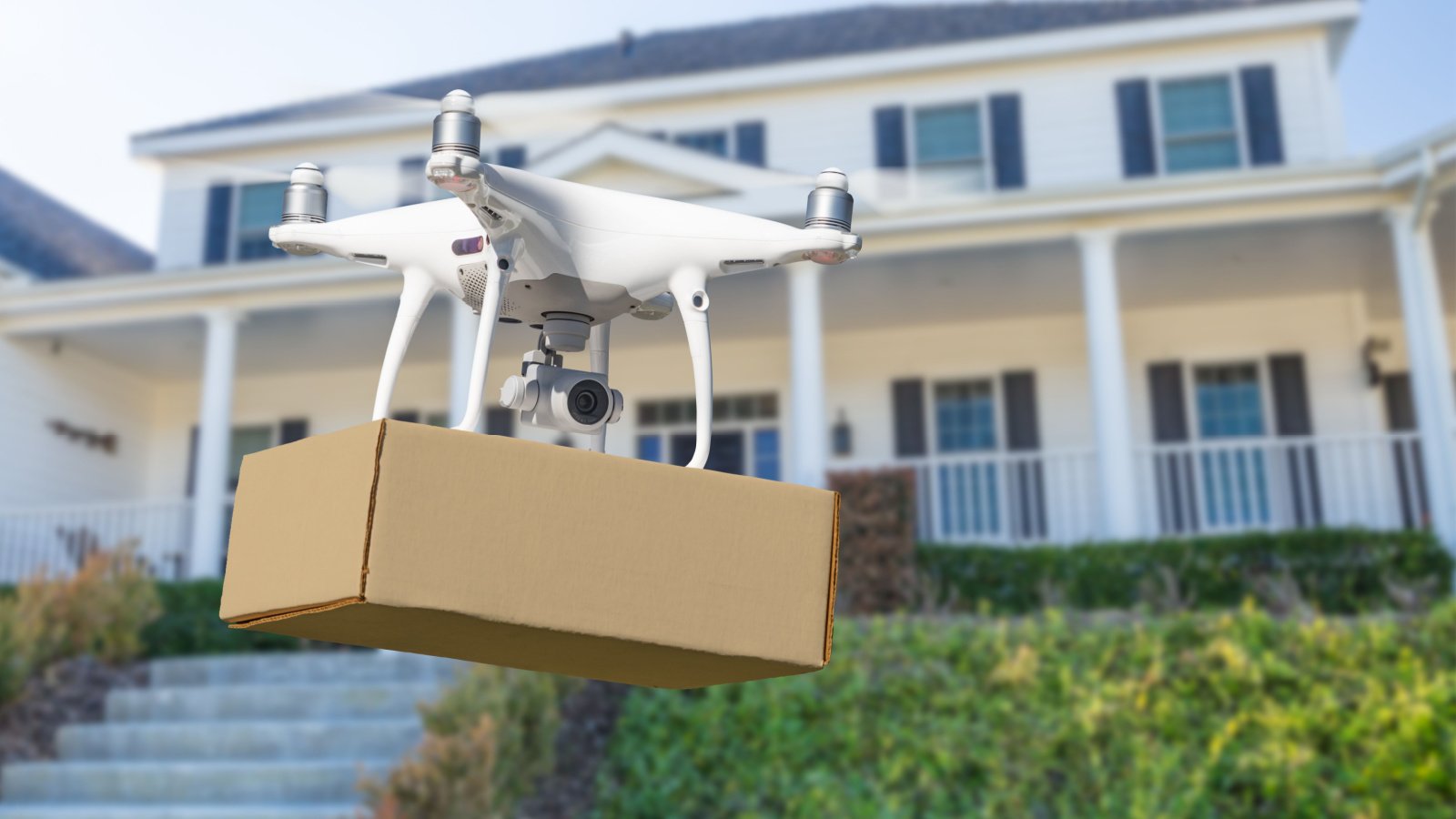
Flying drones has become a popular hobby, but many people don’t realize it’s illegal to do so without proper clearance in certain areas. The Federal Aviation Administration (FAA) has strict rules about where and how drones can be flown, especially near airports or over private property.
Using Your Phone at Stoplights

Many people assume it’s safe to use their phones while stopped at a red light, but in many states, it’s still illegal. Distracted driving laws often extend to any time the vehicle is on the road, even when stationary at a traffic light. Being caught on your phone in these situations can lead to a ticket and points on your license.
Throwing Away Batteries

Disposing of batteries in regular household trash is illegal in many areas due to the environmental hazards they pose. Batteries contain toxic chemicals that can contaminate soil and water if not disposed of properly. Many municipalities require that batteries be recycled.
Parking in Front of a Hydrant
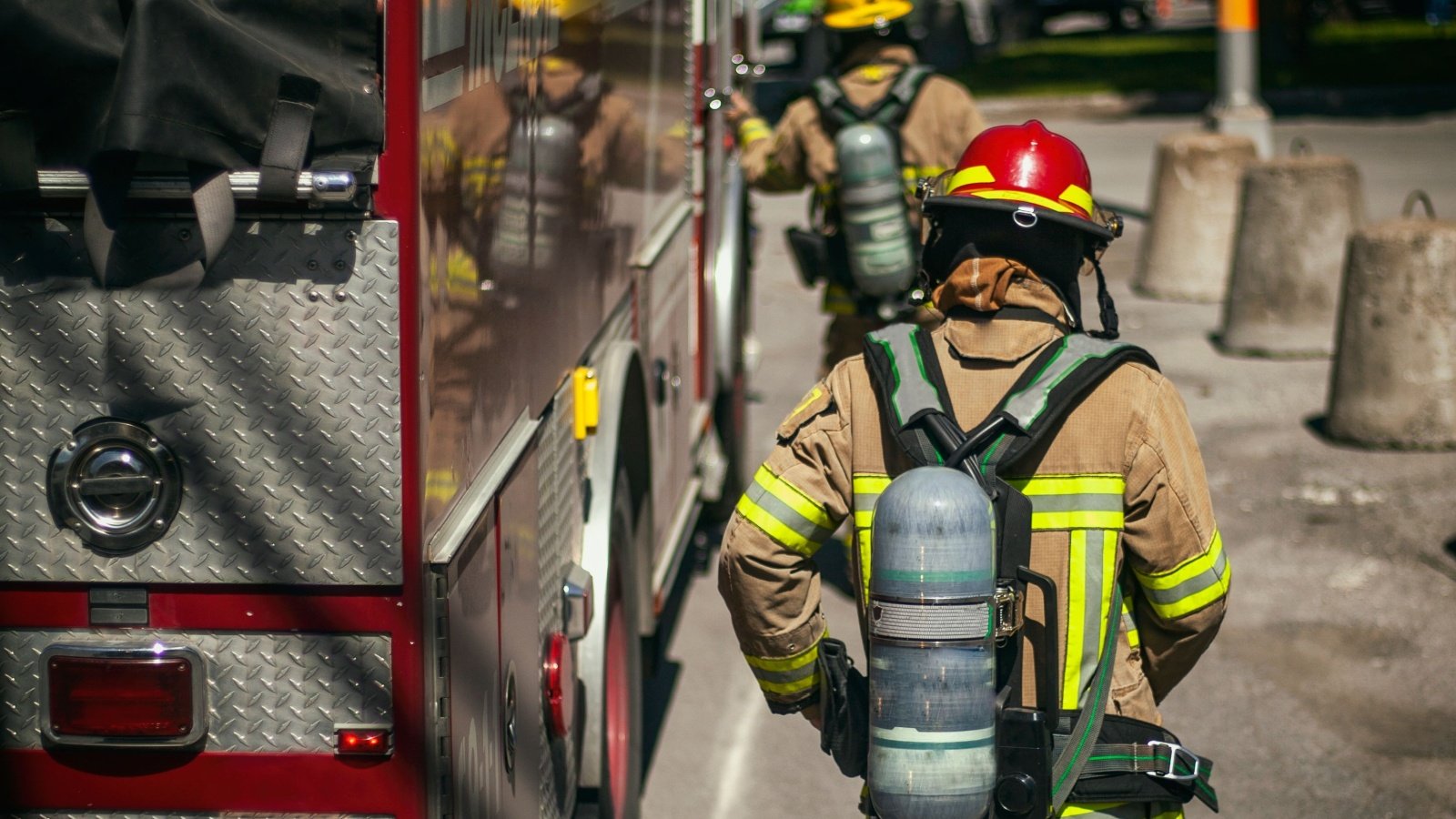
It might seem like a minor infraction, but parking in front of a fire hydrant is illegal and can result in hefty fines or even towing. Firefighters need immediate access to hydrants in case of emergencies and blocking one can delay crucial response times.
Selling Items Without a Permit

Setting up a small business or garage sale might seem harmless, but in many places, selling goods without a permit is illegal. Local governments often require permits to regulate sales and collect taxes. Failing to obtain the proper authorization can result in fines.
Using a Fake Name Online
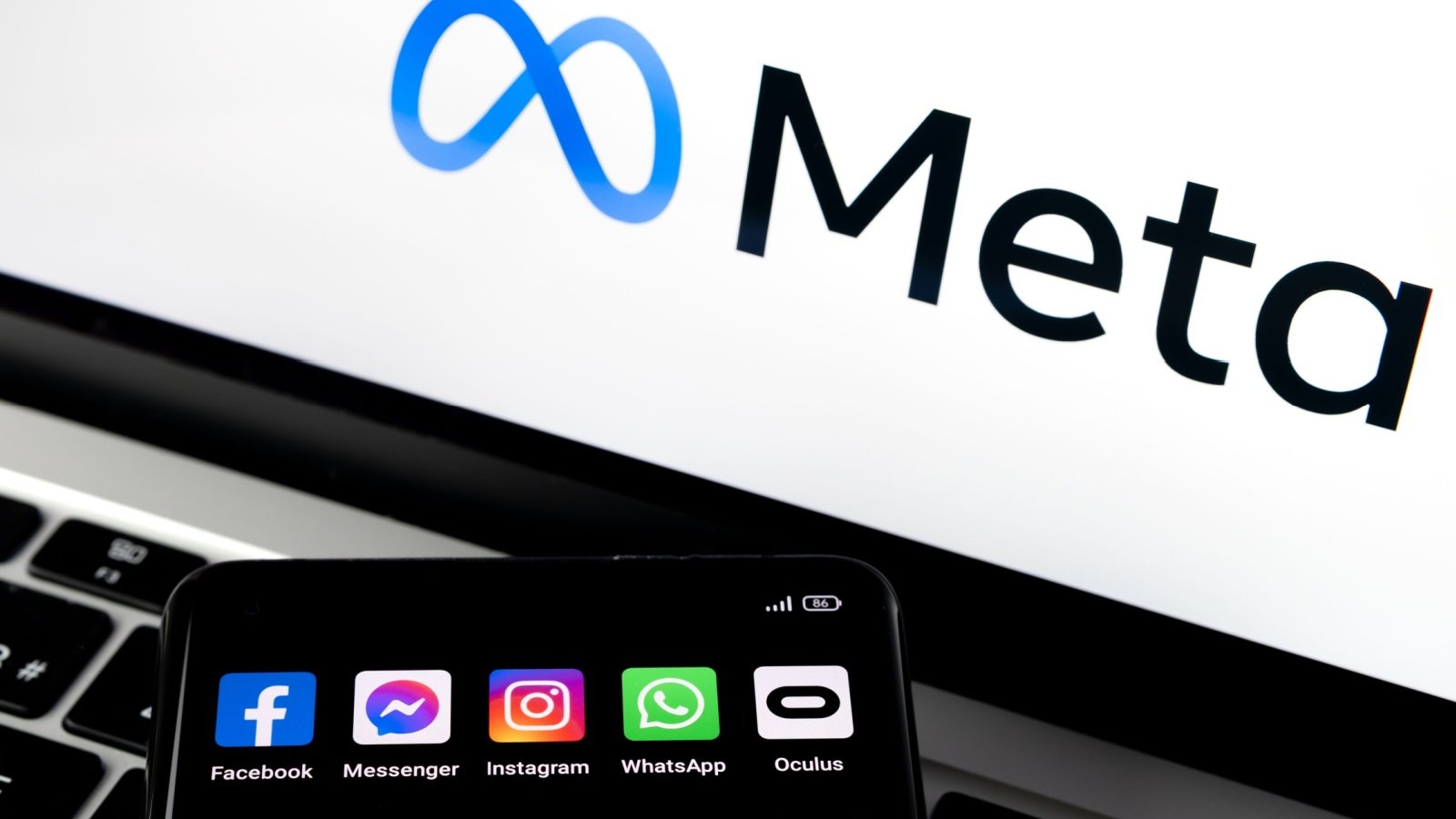
Creating an online account with a fake name might seem like a harmless way to protect your privacy, but it can actually be illegal. Misrepresenting your identity online can violate terms of service agreements and lead to legal consequences, especially if used to deceive or commit fraud.
Fishing Without a License
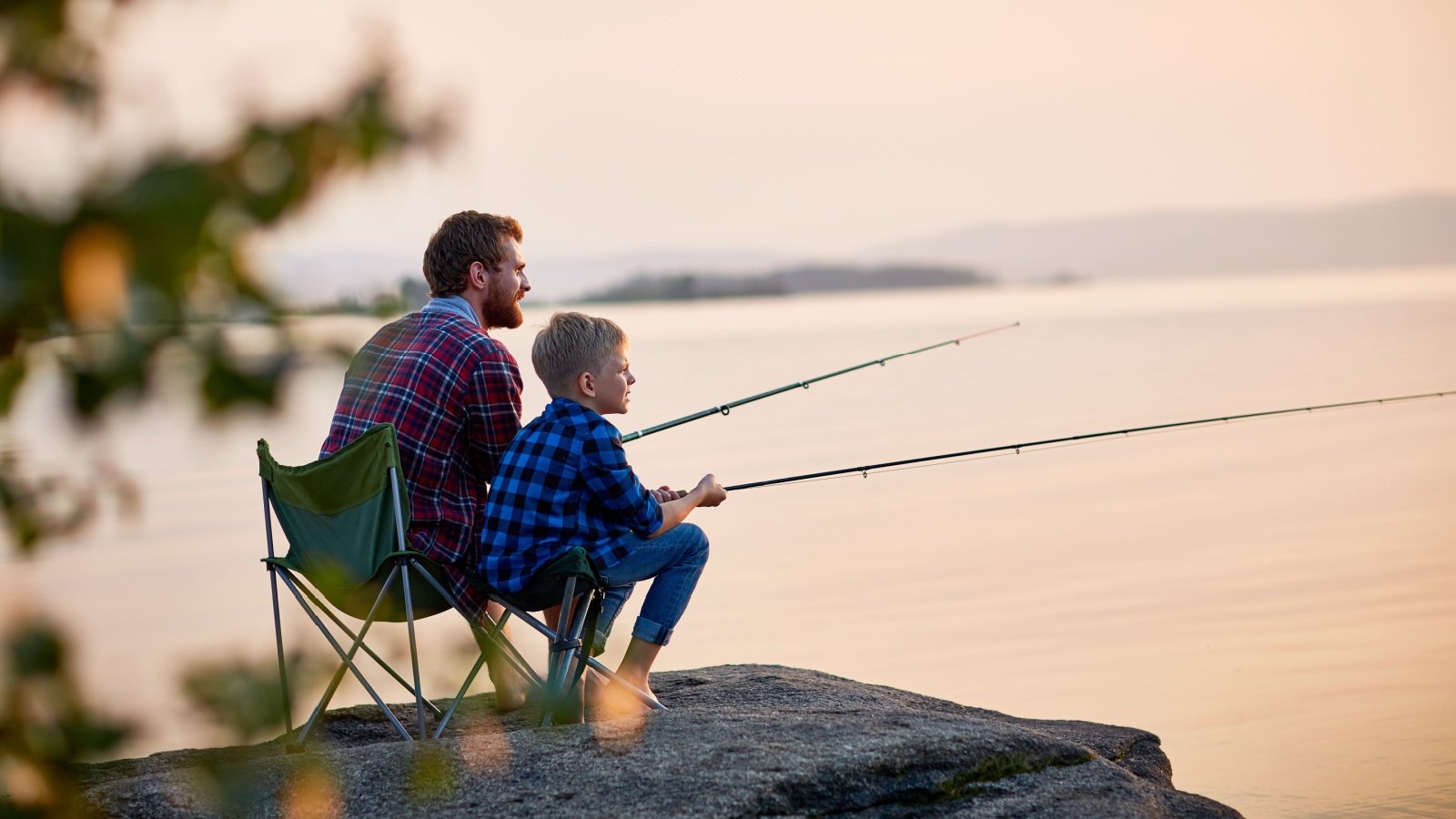
Even if you’re just catching and releasing, fishing without a proper license is illegal in most states. Wildlife agencies require licenses to regulate fishing and protect fish populations, and failing to obtain one can result in fines. Ignorance of this law won’t excuse you from the penalties if you’re caught.
Illegal Streaming

Watching movies or shows on illegal streaming sites might seem like a victimless crime, but it’s against the law. These services often violate copyright laws and using them can make you complicit in that infringement.
Texting and Walking

In some places, texting while walking, particularly on crosswalks, is illegal due to the dangers it poses. Distracted walking can lead to accidents, prompting cities to enact ordinances that ban phone use in certain areas.
Taking Sand from the Beach
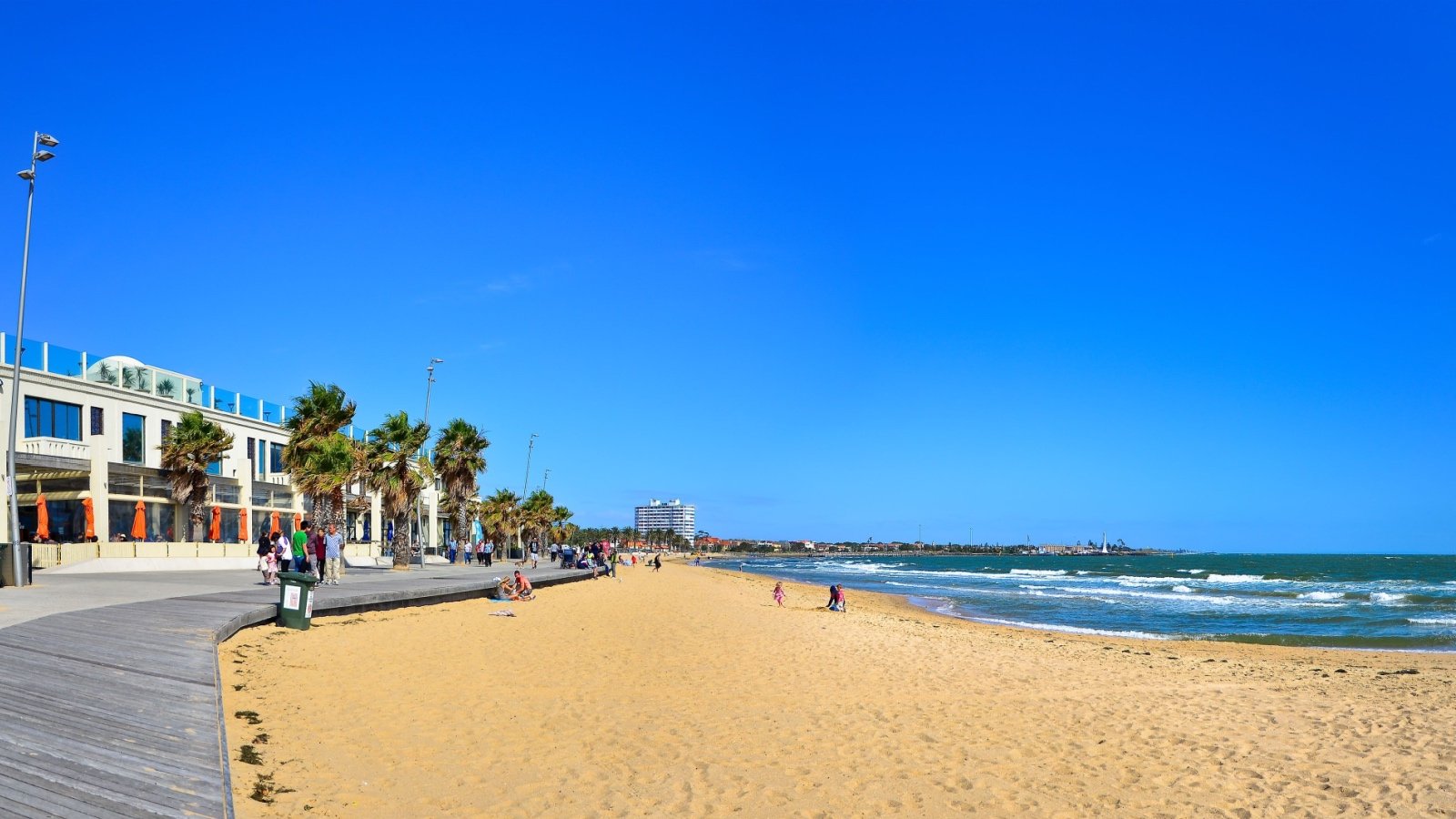
Collecting sand or shells from certain beaches is illegal because it disrupts the local ecosystem. Many protected areas, particularly in state or national parks, prohibit the removal of natural materials.
Sleeping in Your Car

While it might seem like a safe and convenient option, sleeping in your car is illegal in many places. Cities often have ordinances against sleeping in vehicles on public streets or in parking lots to prevent loitering and ensure safety.
Riding a Bike at Night

Biking at night without lights might seem harmless, but it’s illegal in most states due to safety concerns. Cyclists are required to have front and rear lights or reflectors to ensure visibility to other road users.
Selling Homemade Food

Sharing your culinary creations might seem like a friendly gesture, but selling homemade food without proper inspection and permits is illegal. Health departments require food sellers to meet specific safety standards to protect consumers from foodborne illnesses.
Public Drinking

While it’s legal to drink in public in some places, most cities have strict laws about where alcohol can be consumed. Drinking in non-designated public areas, such as parks or sidewalks, can result in fines or arrest. Always check local regulations before popping open a bottle in public.
Feeding Wildlife

Feeding animals in public parks, particularly in protected areas, is illegal because it disrupts their natural behavior. Human food can harm wildlife, leading to health issues and dependency on handouts.
Using Your High Beams
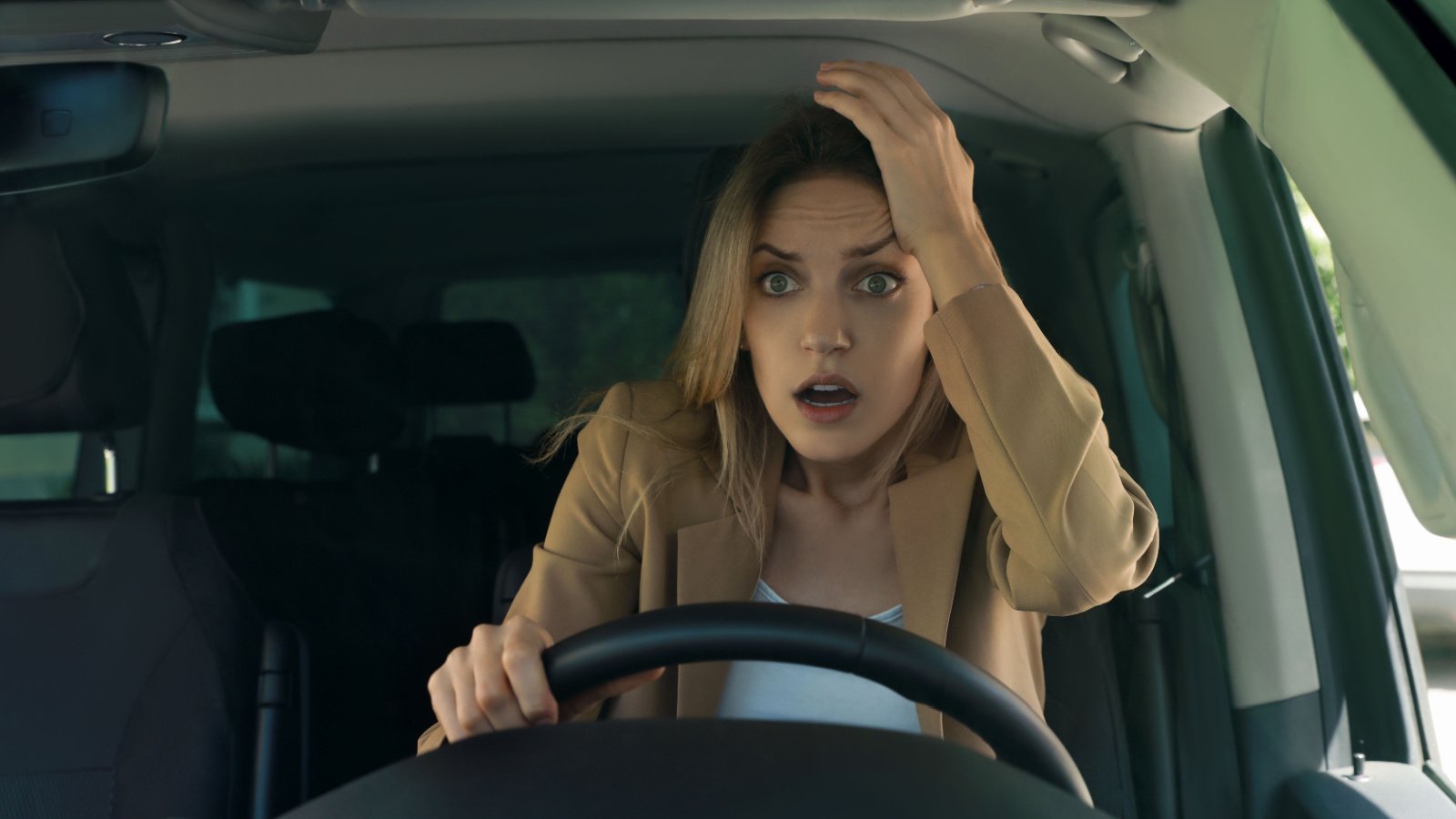
Driving with your high beams on when other cars are nearby is illegal because it can blind other drivers and cause accidents. Most states require you to dim your high beams when approaching another vehicle from the front or rear. Failing to do so can result in traffic citations.



